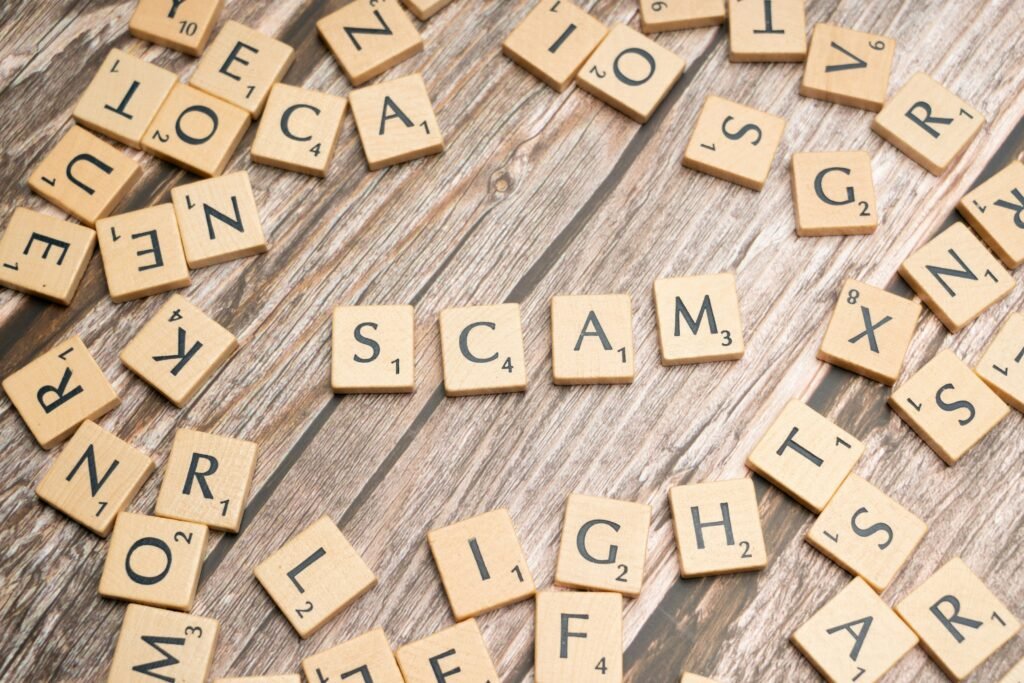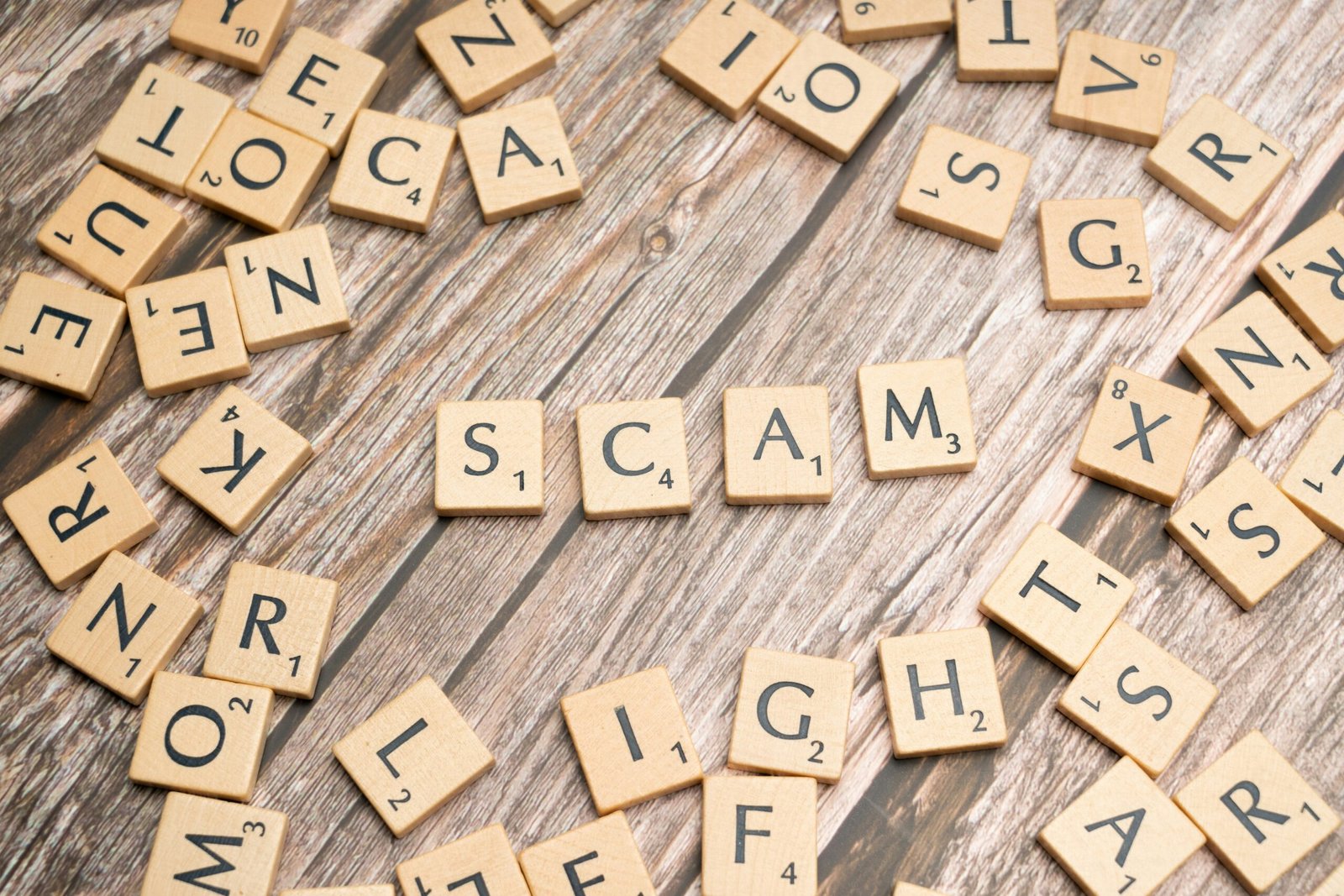Have you ever wondered how certain scams manage to penetrate even the most secure financial systems? IRA (Individual Retirement Account) scams are a prime example. This article is designed to give you a comprehensive overview of IRA scams, explaining the tactics scammers use and how you can protect your savings.
Understanding IRA Scams
IRAs are popular retirement savings options that many people trust because of the tax advantages they offer. Unfortunately, scammers have found ways to exploit these very benefits to trick individuals out of their hard-earned savings. Understanding how these scams work is crucial for safeguarding your financial future.
What are IRA Scams?
IRA scams involve fraudsters targeting your retirement accounts. These scams usually aim to deceive you into revealing personal and financial information, which can then be used to access your funds. Scammers often use sophisticated strategies to create a false sense of legitimacy, making it challenging to discern truth from deception.
Why are IRAs Targeted?
IRAs are targeted for a couple of reasons. Firstly, they often hold significant amounts of money, making them attractive to scammers. Secondly, the complexity of tax rules and specific regulations related to IRAs can make it easier for fraudsters to concoct elaborate schemes that sound plausible to the average saver.
Common Types of IRA Scams
To effectively guard against IRA scams, you need to be aware of the various types that exist. Each type uses different techniques to exploit unsuspecting individuals.
Phishing Scams
One of the most common methods used by scammers is phishing. This involves sending emails or messages that appear legitimate, often masquerading as communication from your bank or financial institution. These messages typically request personal information or contain links that lead to fake websites designed to steal your credentials.
Financial Advisor Scams
Another prevalent scam involves fraudsters posing as financial advisors. They might claim to offer services to help maximize your IRA earnings or propose investment opportunities that promise high returns. These “advisors” often push you to act quickly, using persuasive techniques to rush your decision-making process.
Ponzi Schemes
In Ponzi schemes, fraudsters will promise high returns on IRA investments, paying early investors with the funds provided by newer ones. This is unsustainable and eventually collapses, leading to substantial financial losses for most participants.
Scam Targeting Rollovers
IRAs can be rolled over from one account to another to consolidate funds or from a workplace retirement plan when you leave a job. Scammers exploit this process by convincing you to roll over your funds into fraudulent accounts, where your money then disappears.

This image is property of images.unsplash.com.
How Scammers Operate
Scammers are clever and persistent, using a variety of tactics to gain your trust and access your funds. Understanding their operations is your first line of defense.
Creating a Sense of Urgency
Scammers often create a false sense of urgency, suggesting that you need to act quickly to avoid losing money or missing out on a fantastic opportunity. This pressure makes it difficult for you to think rationally and may lead to hasty decisions.
Building Trust
Fraudsters may spend significant time establishing trust, presenting themselves as experienced professionals with your best interests at heart. They might provide convincing credentials or refer you to fake testimonials to bolster their credibility.
Using Technical Jargon
By employing complex financial terms and jargon, scammers aim to confuse and impress you. This tactic is designed to make you feel out of your depth, encouraging you to rely on their “expertise.”
Fake Documents and Websites
Some go as far as creating fake documents, websites, and even entire companies to appear legitimate. These fake entities are often intricately detailed, making them hard to distinguish from the real thing.
Protecting Yourself From IRA Scams
Understanding their tactics isn’t enough; you must also take proactive steps to protect yourself. Here are some measures you can implement.
Conduct Thorough Research
Before engaging with any financial advisor or investment opportunity, conduct thorough research. Verify their credentials, seek reviews from other clients, and consult with trusted financial advisors.
Be Cautious With Information
Never share sensitive information, such as your Social Security Number or bank details, unless you are absolutely certain of the recipient’s legitimacy. Securely store documents and never email sensitive information.
Verify Communications
If you receive a suspicious email or phone call, don’t act on it immediately. Contact your bank or financial institution directly using verified contact information to confirm the legitimacy of the communication.
Use Secure Connections
Always use secure internet connections, particularly when accessing financial websites. Avoid using public Wi-Fi networks when handling financial transactions or accessing sensitive information.
Regularly Monitor Your Accounts
Regularly inspect your IRA statements and watch for any unusual activity. Promptly report discrepancies to your financial institution for investigation.

This image is property of images.unsplash.com.
Questions to Ask Your Financial Advisor
When engaging with a financial advisor, asking the right questions can help ensure you’re making a wise choice. Here are some critical questions to consider.
| Question | Why It’s Important |
|---|---|
| What are your credentials? | Confirms qualifications and legitimacy. |
| Are you registered with a regulatory body? | Verifies your advisor follows regulatory compliance. |
| How are you compensated? | Understands if there are biases in their advice. |
| Can you provide references? | Offers insights from other clients’ experiences. |
| What are the risks of this investment? | Assesses if they’re open about potential downsides. |
Recovering From an IRA Scam
Despite your best efforts, you might still fall victim to a scam. Knowing the steps to recover can mitigate the damage and aid in regaining control of your financial situation.
Immediate Actions
As soon as you suspect fraud, contact your financial institution to freeze your account and investigate the suspicious activity. This swift action can help prevent further unauthorized withdrawals.
Report the Scam
Report the scam to the Federal Trade Commission (FTC) and your local law enforcement. Providing them with comprehensive details can assist in pursuing the perpetrators and potentially reclaiming your lost funds.
Seek Legal Advice
Consult a lawyer experienced in financial fraud if the scam has caused significant financial harm. They can guide you on the best legal actions to take and help you navigate recovery options.
Rebuild and Protect
Reflect on how the scam occurred and implement stronger protections moving forward. Re-evaluate your financial strategies, engage with certified professionals, and consider employing advanced security measures to defend your accounts.

This image is property of images.unsplash.com.
Educating Others
Finally, sharing your knowledge and experiences can help others avoid falling victim to similar scams. Here are some ways you can contribute to public awareness.
Share Your Story
By sharing your experiences, you can warn others of the tactics you encountered and help them recognize warning signs. This can take the form of blog posts, social media updates, or speaking engagements.
Participate in Workshops
Engage with community centers or organizations that offer financial literacy programs. Your insights can be invaluable in teaching others how to protect themselves from IRA scams.
Collaborate with Consumer Protection Agencies
Work alongside agencies dedicated to consumer protections, providing detailed accounts and evidence to help dismantle scam operations and develop preventative strategies.
Conclusion
Guarding your IRA against scams requires vigilance, awareness, and action. By understanding the methods scammers use and implementing protective measures, you can shield your financial nest egg from fraudulent attempts. Stay informed, cautious, and prepared to ensure your journey toward a secure retirement remains unhindered by malicious actors. Protect not just your savings, but empower others to do the same by sharing your knowledge and experiences. Together, you can contribute to a world that is better equipped to fend off the ever-evolving threat of scams.

This image is property of images.unsplash.com.

